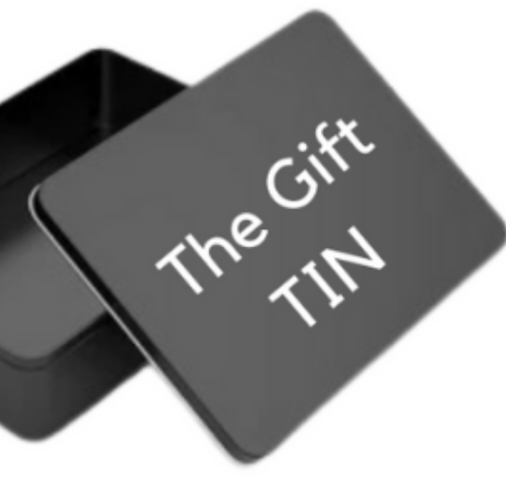- thegifttin

- Jan 1, 2025
- 3 min read
The 1st of January marks a time of new beginnings. It’s a day when many of us set New Year’s resolutions, hoping to transform ourselves and our lives in meaningful ways. There’s a certain magic to the idea of starting fresh—a clean slate full of possibility. But as empowering as this tradition is, we often forget that the power to change, grow, and improve isn’t limited to the first day of the year. Every single day is an opportunity for renewal, growth, and making the world a better place.
New beginnings aren’t confined to January 1st. While this date symbolizes a fresh start, each sunrise offers the same potential. Each day brings 24 new hours to learn something new, develop a skill, or take a step toward a goal. If we tie our aspirations only to the New Year, we risk missing the countless opportunities the rest of the year provides. Imagine what we could accomplish if we viewed every morning as a chance to reset, refocus, and recommit to our growth and the good we can do for others.
A critical aspect of achieving New Year’s resolutions—or any goal—is having a clear plan and a due date. Resolutions without a timeline or a roadmap often remain just wishful thinking. If your resolution is to read more books, don’t just say, “I want to read more.” Instead, set a specific goal: “I will read 12 books by December 31st, one book per month.” Break the goal into actionable steps, such as setting aside 30 minutes daily to read. Without actionable plans and deadlines, resolutions quickly lose momentum.
The good about New Year’s resolutions is that they inspire hope and self-reflection. They encourage us to evaluate our lives, identify areas for improvement, and dream of a better future. For many, this process is motivating and leads to genuine change. Resolutions can help us prioritize what matters most—whether it’s spending more time with loved ones, improving health, or giving back to the community.
However, there’s also a downside to resolutions if not approached with care. One common pitfall is setting unrealistic goals. When we set lofty resolutions without considering the time, effort, and resources needed, we set ourselves up for frustration and failure. Another drawback is the all-or-nothing mentality. Many people give up on their resolutions at the first sign of difficulty, believing they’ve “failed.” This is where the idea of daily renewal becomes crucial. Slipping up doesn’t mean the resolution is over; it means you have another chance tomorrow.
Moreover, resolutions often focus too much on personal gain and self-improvement while overlooking the good we can do for others. True fulfillment comes from not only bettering ourselves but also improving the lives of those around us. Acts of kindness, generosity, and empathy should be part of our resolutions every single day. Imagine a world where everyone strives daily to spread goodwill—not just to family and friends, but to strangers and the planet itself.
In conclusion, New Year’s resolutions can be a powerful tool for transformation if approached with realistic goals, timelines, and actionable plans. But remember, self-improvement and acts of goodness shouldn’t be limited to January 1st. Each day is a new beginning—a chance to grow, learn, and make the world a better place. So, this year, let your resolutions extend beyond yourself and beyond a single day. Commit to living each day as an opportunity to improve yourself, help others, and create a ripple effect of positivity across the globe.